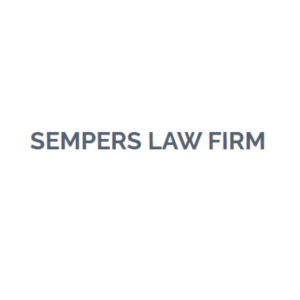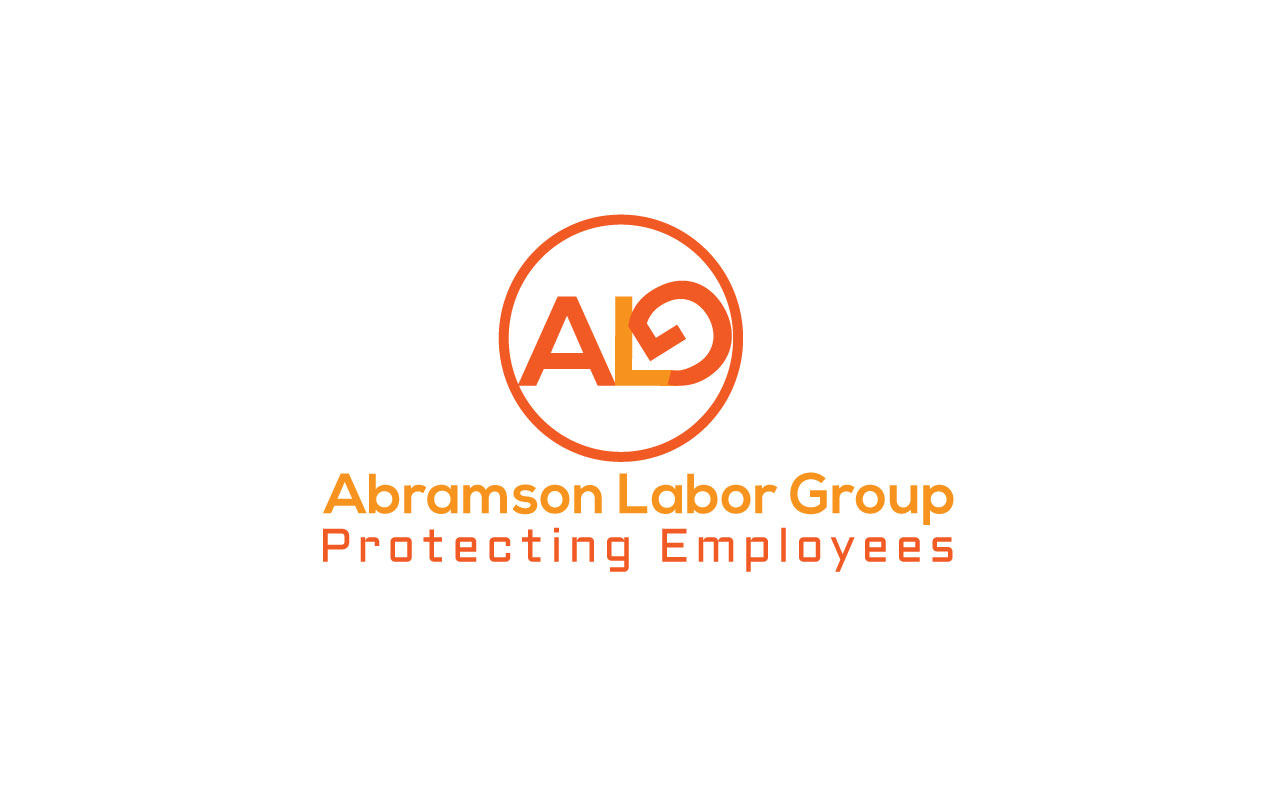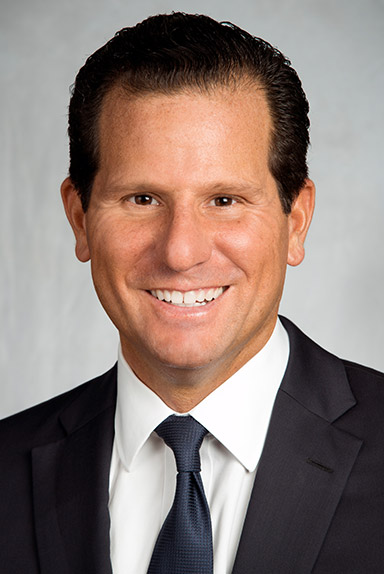Service Contract Act
What does Service Contract Act mean?
The Service Contract Act, more formally referred to as the McNamara–O'Hara Service Contract Act (SCA), was established and passed in 1966 and requires subcontractors and general contractors who are requiring services on prime contracts which exceed $2,500 to pay their employees a wage rate and fringe benefits equal or greater to the wages and benefits offered in the locality where the work is to be performed.
The rates must be comparable to the federal minimum wage rates as outlined by the U.S. Department of Labor (Section 6(a)(1) of the Fair Labor Standards Act) or in previous collective bargaining agreements, also referred to as the “prevailing wage.”
Who is covered under the McNamara–O'Hara Service Contract Act (SCA)?
The SCA specifically applies to contracts entered into by the U.S. or the District of Columbia to furnish services to the United States. If the contract is more than $100,000, contractors and subcontractors must also pay workers overtime for hours worked over 40 hours in a standard workweek.
Exclusions of the SCA
Although the SCA applies to all contractors and subcontractors who enter into Prime contracts with the United States government agencies that are over $2,500 and for the purpose of providing services, there are exclusions for contracts which are not providing services. For example, contracts for alteration, repair, and construction of public buildings or public works, contracts for public utility services, and contracts for operating postal contract stations are not covered under the act. For information on the full list of exceptions review 29 CFR Part 541.
What this means for your business
Businesses which provide prime services need to understand the regulations under the SCA. Not only will your company be responsible for tracking the amount of money that is paid to each employee, by hour, and by contract, certain reports must also be available for review by the Department of Labor. Additionally, you must provide safe and healthy work conditions as established under regulations by the Occupational Safety and Health Administration.
Fines, penalties, back wages, and other payments may be assessed if your company fails to follow the law and the infractions are identified by the Department of Labor. Seek legal help if you have questions about the SCA and the legal obligations of your company, including any processes and procedures which may need to be implemented to ensure compliance with the law.
Related Pages
Lawyers near
Term of the Day
Common law
Common law or case law is the laws which have been developed through the courts and the judge's decisions rather than statutes approved by the federal or state legislators or through executive action.Category: Criminal Law






